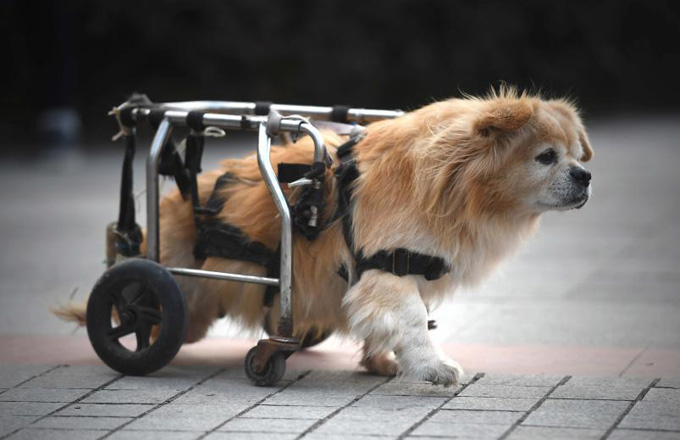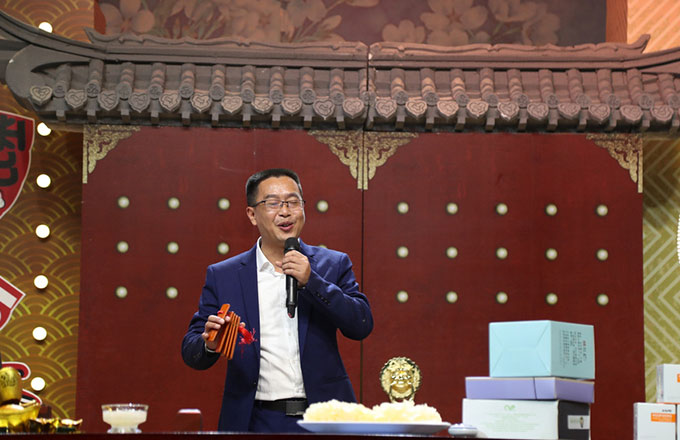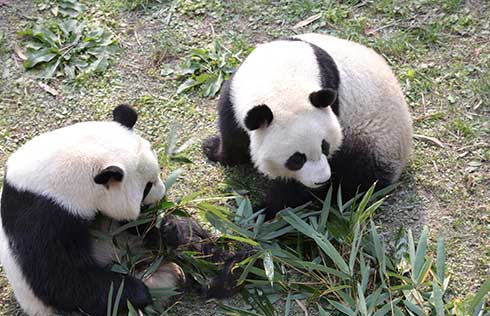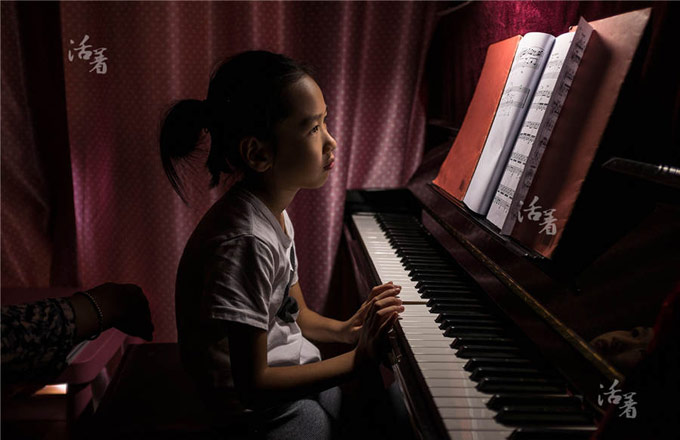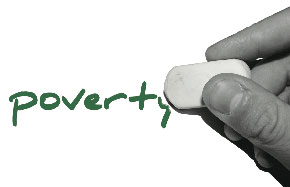Journal urges its readers not to cite professor's gene paper
Scientific journal Nature Biotechnology published a statement on Monday urging readers not to cite a paper it published in May by Chinese scholar Han Chunyu on the next-generation gene-editing tool NgAgo.
Han, an associate professor at Hebei University of Science and Technology, impressed life scientists across the globe when he announced his discovery of NgAgo, which he said is more efficient than the widely used CRISPR/Cas9 approach, also known as the "molecular Swiss armyknife".
However, scientists from home and abroad soon began to report failures in reproducing Han's experiment.
An academic debate escalated into a battle of words in the mass media. Han insisted that he was able to rerun the experiment and reproduce the results in his own laboratory, but he refused to repeat it in an independent lab. Objectors then asked Hebei University of Science and Technology to open an investigation into the possibility of academic misconduct.
Nature Biotechnology published an Editorial Expression of Concern together with correspondence from three other groups who reported failures in repeating Han's experiment.
"Nature Biotechnology believes that it is important for authors to be able to investigate the concerns raised by such correspondence, and to provide additional information and evidence to support their paper, if they are able to do so. Thus, we will continue to liaise with the authors of the original paper to provide them with the opportunity to do that by January 2017," the Editorial Expression of Concern said.
Major scientific journals, including Science and PNAS, have a tradition of publishing an Editorial Expression of Concern over academic disputes, said Rao Yi, a researcher at the National Institute of Biological Sciences on Zhihu, a Chinese online question-and-answer platform.
Gao Fu, an academician and professor at the Institute of Microbiology affiliated to the Chinese Academy of Sciences, suggested an investigation into NgAgo technology to assess the possibility of alleged academic misconduct.
"The goal of scientific research is to search for singularity, so it is not unusual if a scientist makes mistakes. On this occasion, we should help Han to find out where the problem lies," Gao said.
"However, public attention has been focused on whether Han intended to mislead people. If that is the case, it would be considered academic misconduct, which is a moral issue."
Two authors of the original paper, Han and Shen Xiao, agree with Nature Biotechnology's Editorial Expression of Concern, whereas three others authors of the paper-Gao Feng, Jiang Feng and Wu Yongqiang-believe it to be inappropriate, the journal said in its statement.
Li Lei contributed to this story.






